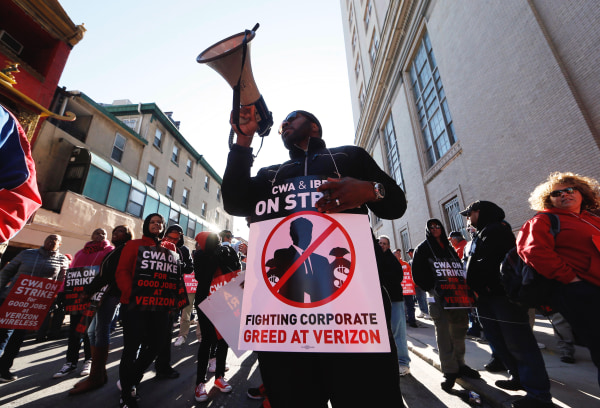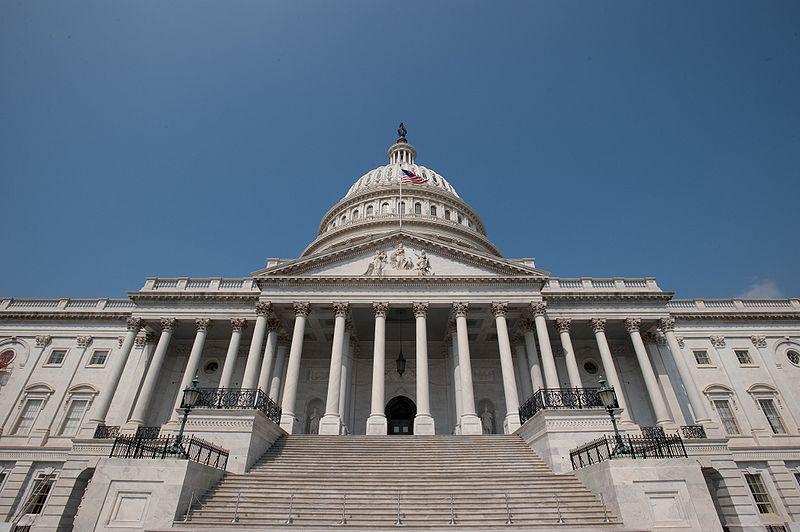Politico, and Michael Grunwald have put together an interesting review of the failure of communication by the Obama administration. In it one sees the now familiar aspects of how the process of letting the people know what is going on, as well as the how and why, is so saturated in the vocabulary of theatrics: staging, dialogue, and performance; but its not simply the theatrics of staging the portrayal of a dramatic story, it is the commercialized theatrics of product packaging, branding and the establishment of a perceived good automatically associated with that brand, with the "good" of course being problematic as far as the consumer is concerned.
But therein lies the problem with representational government now that communications are not only instant, but so completely wrapped up with selling one thing or another. In this environment the needs of the governed are but a small part of what information flow is about these days. And in no aspect of government is the resulting insanity made more prominent than in what has become of the notion of a "President."
You have here an office that started out as being manifestly difficult, and virtually impossible, given that one person would be put in the position of not only leading a diverse amalgam of interests, but of being responsible for the initiation of at least the guiding themes of the measures that would be put before the legislative branch; itself a fun house of interests clashing precisely because so much of it is at cross purposes. And what has made that infinitely worse, of course, is that it is the very nature of competitive, commercial enterprise, that makes so much of it a zero sum game.
How could it not be when market share, competitive edge, and resource access are so dependent on what the law says you are allowed to get away with. And if one competitor, or another industry group, gets its way, your interests in the way things should be often get stepped on. In that context how could you not be involved in what those who govern go about their business.
Then, of course, behind it all, is the power of money. That amazing abstraction of translation that allows the instant marshaling of need into effect, as long as you have sufficient accumulations with which to apply to your sense of need. Even when it doesn't intend to such a system almost automatically ensures that corruption, in one form or another, and to one degree or another, will occur.
In the old days this sort of worked because information itself, and the means to move it about, where not nearly so commoditized in, and of themselves. Pamphlets, the town gazette, and books were the order of the day, as well as well informed individuals who could speak clearly, and knowledgeably. In that context rhetoric and debate were appreciated on a completely different level than what passes for it today.
Now, however, information itself is gold and not to be bandied about carelessly. Not only that, though, because the very channels of information flow themselves are jealously coveted precisely because having eyeballs and minds connected to the maximum degree possible is essential for getting your information commodity out better than the other guy; and that, in turn, is mandated because it is the primary means by which you get the best net return for what you dispense with. And let us be clear here. At the end of the day that is the holly of hollies; that net return. And everything put into what is dispensed with is there only for that purpose.
So now we have virtually all aspects of the governing class ruled not only by the underlying dictates of money, but by the entire new mentality of carefully crafted information creation and release because the whole point now is the sell; selling to the get the eyeballs and brains connected in the first place, and selling for the brand and the manufactured need that goes with it. As such it necessarily revolves around entertaining distraction of one form or another because that has always been a good seller. And whether that revolves around sex, or perceived blasphemy, or betrayal, or whatever other human weakness that can be exploited hardly matters at all. The only thing that mattes is that the audience is made to buy into it and acquiesces to your needs for a net gain.
Lovely isn't it. Entertaining. Involving in the same way that empty calories are so tasty. That it only provides us with what we actually need, as the governed, from time to time, as either a bone tossed out to quell certain grumblings they can't completely gloss over, or purely out of chance, doesn't change the fact that there are certain interests that are getting exactly what they paid for. And because of that it is not likely to change.
This Politco article ought to make us all very angry, but a good portion of that anger needs to be directed at ourselves. After all, the politicians, the media people, and the business money behind it all, are only doing what the system has evolved them to do to survive. And we have stood by, numbed, distracted, and entertained, to let it happen. Only we can force it to change, but we have to understand that it must be change that starts at the very beginning of redefining what we need to govern ourselves, and the fundamentally different operating model that would be required to provide those needs.
The model we have now is simply not suited for what our technology has done to the world around us. It was created on the assumptions of technology that is hundreds of years old now. We've patched and upgraded so much in the decades that have past since its creation that any more efforts along those lines only makes things worse. It is long past time to start over.







/cdn0.vox-cdn.com/uploads/chorus_asset/file/5024721/GettyImages-151728935.jpg)





















